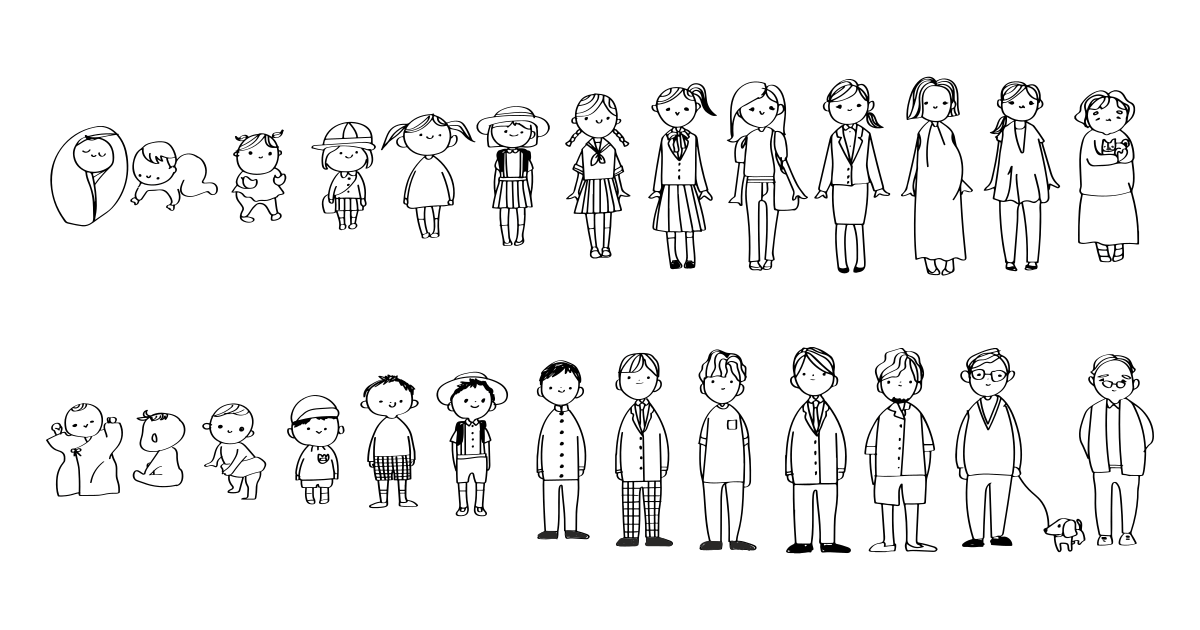
Attachment Styles Quiz - What Is My Attachment Style?
Your attachment style shapes the way you form bonds, handle conflicts, and experience intimacy. Whether you're secure, anxious, avoidant, or disorganized-avoidant, understanding your style can offer deep insight into your relationships and emotional needs. This quiz will help you identify your attachment pattern and provide clarity on how you naturally connect with others. Take the test to gain valuable self-awareness and learn how your attachment style influences your connections in everyday life.
What Is Attachment Style?
Attachment style refers to the way individuals emotionally bond and connect with others. Rooted in early childhood experiences, attachment style shapes how we seek closeness, handle distance, and perceive intimacy. It impacts our romantic relationships, friendships, and family interactions. Understanding attachment style helps explain why we react the way we do in emotional situations and how we navigate closeness and independence.
What Are the Four Attachment Styles?
Attachment theory identifies four primary attachment styles, each representing a different pattern of emotional bonding and relational behavior. Knowing your attachment style can reveal deep insights into your emotional world.
- Secure Attachment: Comfortable with emotional closeness and trusting others. Balances independence with intimacy.
- Avoidant Attachment: Values independence and tends to avoid deep emotional connections to protect against vulnerability.
- Anxious Attachment: Desires closeness but often worries about rejection or abandonment, leading to clinginess or neediness.
- Disorganized Attachment: Experiences conflicting desires for intimacy and fear of rejection, often resulting in unpredictable relationship behaviors.
Why Knowing Your Attachment Style Matters
Your attachment style influences every relationship you have. From how you communicate and handle conflict to how you trust and rely on others, these patterns often operate subconsciously. By identifying your attachment style, you gain the power to recognize unhelpful patterns and make more conscious, positive choices. This awareness can transform your connections and lead to healthier, more fulfilling relationships.
How This Quiz Works
This quiz includes carefully designed questions based on attachment theory research. You will answer questions about your emotional responses, relationship habits, and comfort with closeness and independence. Each response contributes to identifying which of the four attachment styles best matches your relational patterns.
Your results are based on psychological models and provide valuable insights into your attachment tendencies. Keep in mind that attachment styles are not fixed; they can evolve through self-awareness and intentional change.
What You Will Learn from Your Results
After completing the quiz, you will receive a detailed explanation of your attachment style. This knowledge can help you understand your relationship behaviors, emotional triggers, and communication patterns.
- Secure Attachment: Maintain balanced connections while staying emotionally available and vulnerable.
- Avoidant Attachment: Explore ways to feel safer in close relationships and gradually become more open emotionally.
- Anxious Attachment: Learn to manage fears of rejection and develop greater emotional security and self-confidence.
- Disorganized Attachment: Work on healing past wounds and creating more consistent and safe emotional bonds.
Can Attachment Styles Change Over Time?
Although attachment styles often form in childhood, they are not set in stone. Through self-reflection, therapy, and positive relationship experiences, it is possible to move toward a more secure attachment style. Taking this quiz is a meaningful first step to becoming more aware of your patterns and initiating positive change.
Take the Attachment Styles Quiz Now
Ready to gain deeper insight into your emotional connections and relationship habits? Take the quiz now to discover your attachment style. By understanding how you connect with others, you can take important steps toward healthier, more secure, and satisfying relationships.











